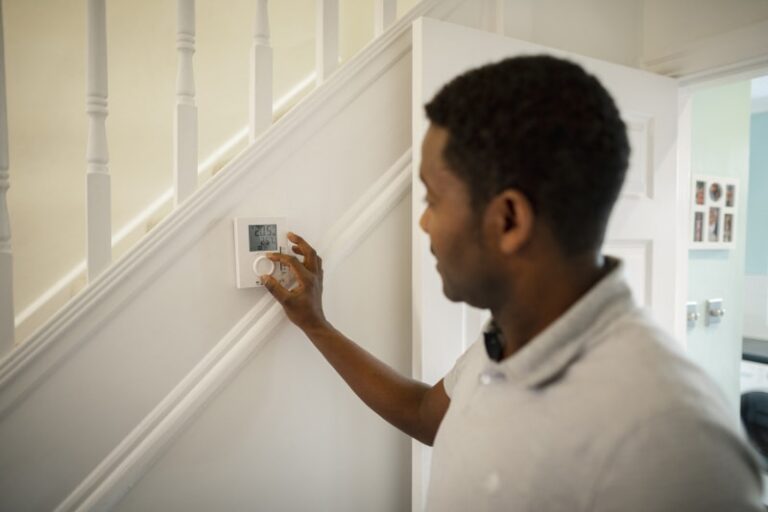If your HVAC system isn’t working as well as it used to, the problem might be with an old thermostat. As thermostats age, they can cause many issues that affect the comfort in your Vero Beach, FL, home. Here are five common HVAC problems caused by outdated thermostats:
Inconsistent Temperatures
Old thermostats often struggle to keep your home at a consistent temperature. You might notice that some rooms are too hot, while others are too cold. This happens when the thermostat can’t accurately read the temperature anymore, which sends mixed signals to your HVAC system, resulting in uneven heating and cooling.
HVAC System Short Cycling
Short cycling is when your HVAC system turns on and off too frequently. An outdated thermostat can cause this by sending incorrect signals to your system. This constant starting and stopping can wear out your HVAC equipment faster, which will cause more frequent repairs and a shorter lifespan for your system.
High Energy Bills
If your energy bills are higher than usual, your old thermostat could be to blame. When a thermostat can’t properly regulate the temperature, your HVAC system works harder than it should. This extra effort translates into higher energy use and utility bills each month.
Unresponsive Controls
An old thermostat might become unresponsive or slow to respond to adjustments. You might set the temperature, only for nothing to happen. This delay or lack of response often means your HVAC system isn’t getting the correct instructions, resulting in less comfort and convenience for you.
Incorrect Temperature Readings
When a thermostat ages, it can start giving inaccurate temperature readings. These incorrect readings confuse your HVAC system and cause it to heat or cool your home too much. This results in wasted energy and reduced comfort.
If you have an outdated thermostat, don’t wait to upgrade it. Contact Grimes Heating & Air Conditioning so we can assist you in choosing the best comfort control system for your home.
Image provided by iStock

